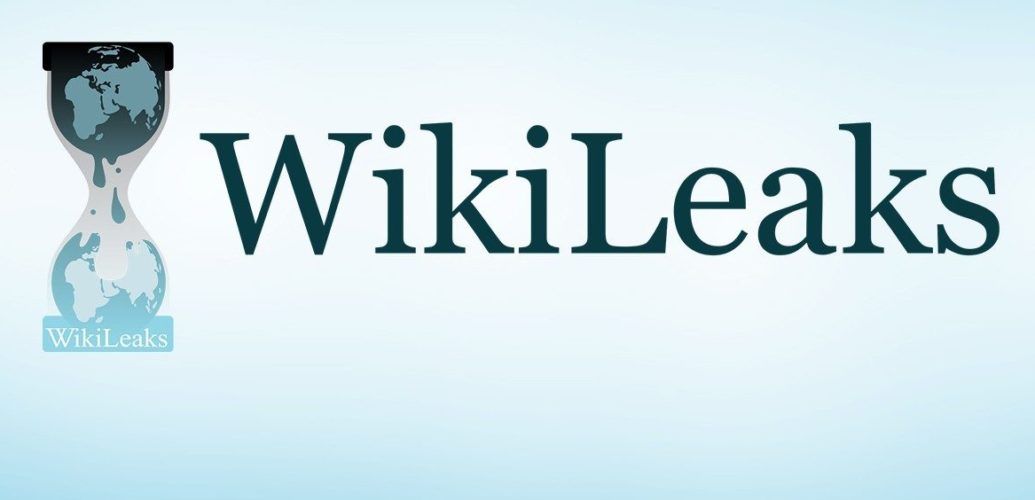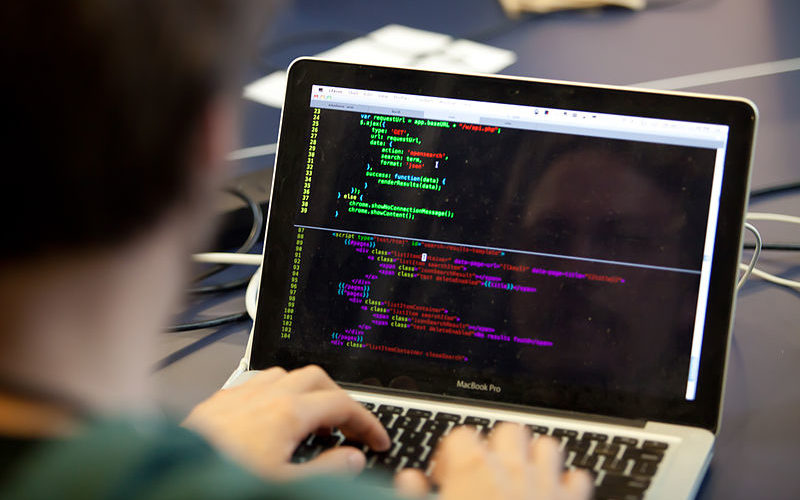In late October 2010, WikiLeaks released a redacted copy of the Iraq War Logs, kicking off a series of events in Denmark that culminated in WikiLeaks’ closest known cooperation with a NATO ally in an investigation of alleged war crimes – a cooperation that Denmark later sought to deny. Documents from the AssangeLeaks cache confirm that WikiLeaks’ cooperated with the Danish military’s investigation, which included giving them unredacted access to the Iraq War Logs.
For Denmark, the release of the Iraq War Logs quickly collided with a scandal that was waiting to ignite – allegations of illegal torture of Iraqis. Almost immediately the Danish Defense Forces announced that they were investigating the files for mentions of Danish activities or involvement. The announcement did little to quell calls for the Defense Minister to investigate allegations of torture and mistreatment along with the record high number of Iraqis who had been captured and turned over to local police. Progress, however, was slow.
Questions put to the Danish Defense Command, answers took several days. When answers did come, they were a series of vague statements that kicked the ball down the road, saying only that a task force had been created as part of the investigation ordered by Danish Defense Minister Gitte Lillelund Bech. According to their statements, the task force would spend an unknown amount of time examining the nearly 400,000 documents in the Iraq War Logs. Until they fully reviewed the documents, they wouldn’t answer any questions.
Days later, Julian Assange told Al Jazeera that WikiLeaks had been approached by Russian intelligence to cooperate, adding that WikiLeaks “refused to engage” with Russia in an exchange that caught the eye of the WikiLeaks Task Force. Within a week, WikiLeaks was approached by another government – Denmark’s. On November 3rd, Commander Torben Mikkelsen from Denmark’s Defense Command made a public statement calling on WikiLeaks to release the unredacted data to them. Unlike Assange’s description of rejecting Russia’s approach, WikiLeaks quickly agreed to help Denmark investigate themselves.
According to the Danish Defense Command, they had been unsuccessful in obtaining the files elsewhere and described difficulties accessing all of the redacted copies available to the public on WikiLeaks’ website. Several reports said that Denmark had been unsuccessful in obtaining a copy of the documents from the United States. Kristinn Hrafnsson commented that “the Danish military has formally requested access to the material for their inquiry, after having apparently been rebuffed access by its NATO partner, the United States. We have looked into the matter and have decided to provide the Danish investigation with the necessary information.” Hrafnsson explained WikiLeaks’ decision, saying that there seemed to be a “real intent by the Danish government to do a full investigation into possible wrongdoings in Iraq. That is a very positive sign and we feel that we should assist in that intent.”
Almost immediately, WikiLeaks was in direct contact with the Danish Defense Command. On November 5, WikiLeaks responded to an email from Danish officials about the investigation. The response, seemingly drafted by Joseph Farrell, read:
Dear Pernille
Thank you for your email and please accept my apologies for the delayed response. We have limited resources which are often taken up with various attacks on our systems.
We would be delighted to provide the Danish investigation with the necessary information however we are investigating ways of delivering you the information in a secure manner.
I will be in touch when I have more information and as soon as possible.
Kind regards
Joseph
For the Danish Defense Command, progress continued to be slow. In mid-November, they said they still had to examine all 391,832 documents before they would be able to comment. Even after establishing communications with WikiLeaks and receiving their agreement, Danish Defense Command continued trying to get access to the data from other sources. According to a November 23 report by RT, the Danish Defense Command first attempted to get the files from Dagbladet Information, who “did not give them the documents because it’s a source protection thing for the newspaper.” Curiously, two versions of the report by RT also reported that Dagbladet Information got the files from a different source than WikiLeaks. This seems to be contradicted both by contemporary reports, as well as several later ones that described Dagbladet Information’s communications with WikiLeaks. On the same day, WikiLeaks included Commander Klaus A. Moeller from the Danish military in a list of people who could access the unredacted Iraq War Logs. Another document created the following month confirms that credentials were created for Commander Klaus Moeller.
On November 28, things suddenly changed. While remotely joining ARIJ for a press conference (videos first uploaded by Hazim Thalji), Assange mentioned Denmark asking WikiLeaks for a copy of the Iraq War Logs during his remarks, and was later asked by a Danish journalist to explain. According to Assange, the Danish government had asked the United States for unredacted copies of the Iraq War Logs because they saw that Danish soldiers may have deliberately handed over Iraqi prisoners to the Wolf Brigade and other units in the Iraqi army before being tortured, in “a sort of internal renditioning of prisoners for torture in Iraq. As Assange described it, the Danish government had set up an investigation “to understand if that happened and to hopefully prosecute those individuals responsible.” Because the United States had refused Denmark, Assange said that they had been forced to write to WikiLeaks “about two weeks” before, and that WikiLeaks had agreed. Almost immediately, Denmark seemed to deny it.
As Danish outlets reported on Assange’s comments, they reached out to government officials. The Ministry of Defense said they didn’t have and hadn’t requested the files. When the Danish Defense Forces were asked, they replied that they did have the documents, but claimed they weren’t from WikiLeaks – but rather from the United States.
Ultimately, the Danish investigation of WikiLeaks’ documents continued, albeit in a way designed to make insight into the working group – described as “Task Force Wikileaks”, a generic name similar to the United States’ WikiLeaks Task Force – impossible for politicians or the media. The group first met on November 15, and a directive dated two days later declared that all materials handled by the group were considered working material that were not subject to inspection. Opposition parties and outside observers objected to the unnecessary security, which went as far as keeping information about who compromised the group a secret, except to say that it included “several lawyers.” Task Force WikiLeaks’ goal was to create an overview about the Danes’ handling of prisoners and the use of interpreters using the leaked documents and witness testimony.
To this end, Task Force WikiLeaks created a hotline for Danish soldiers who had been involved in operations in Iraq and Afghanistan to come forward. By the end of the year seven soldiers had come forward, none of them choosing to be anonymous. The following attempts to investigate Denmark’s involvement in Iraq was a source of controversy, with a commission being opened in 2012 and closed in 2015, with calls for the government to reopen it being denied.
It’s unknown what caused the discrepancy in statements from the Danish Defense Command, which came after weeks of sporadic public statements from the Danish military and from WikiLeaks, as well as the official decision to give the Dane’s access to the unredacted documents, which is documented by WikiLeaks’ internal records. It is possible that the United States was cowed by WikiLeaks’ willingness to cooperate, and decided to be their Danish colleagues’ official source of the documents. It’s also possible it was simply a lie with the goal of not having a founding NATO member appear to legitimize WikiLeaks’ activities, with the added bonus of undermining what Assange considered one of his most important announcements. On the more speculative side, it’s also possible that the request for the documents was used as a way of verifying what WikiLeaks had and aiding the investigation into WikiLeaks and their source.
Regardless, internal documents show that WikiLeaks not only agreed to cooperate with Denmark’s investigation of possible war crimes, but that they acted on those promises. It’s unclear what happened on Denmark’s side, or if the United States actually provided the documents. Even if the “official” version of the documents was preferred, there seems to be little reason for the Danish investigation to not also the WikiLeaks’ cache and to compare them to.


